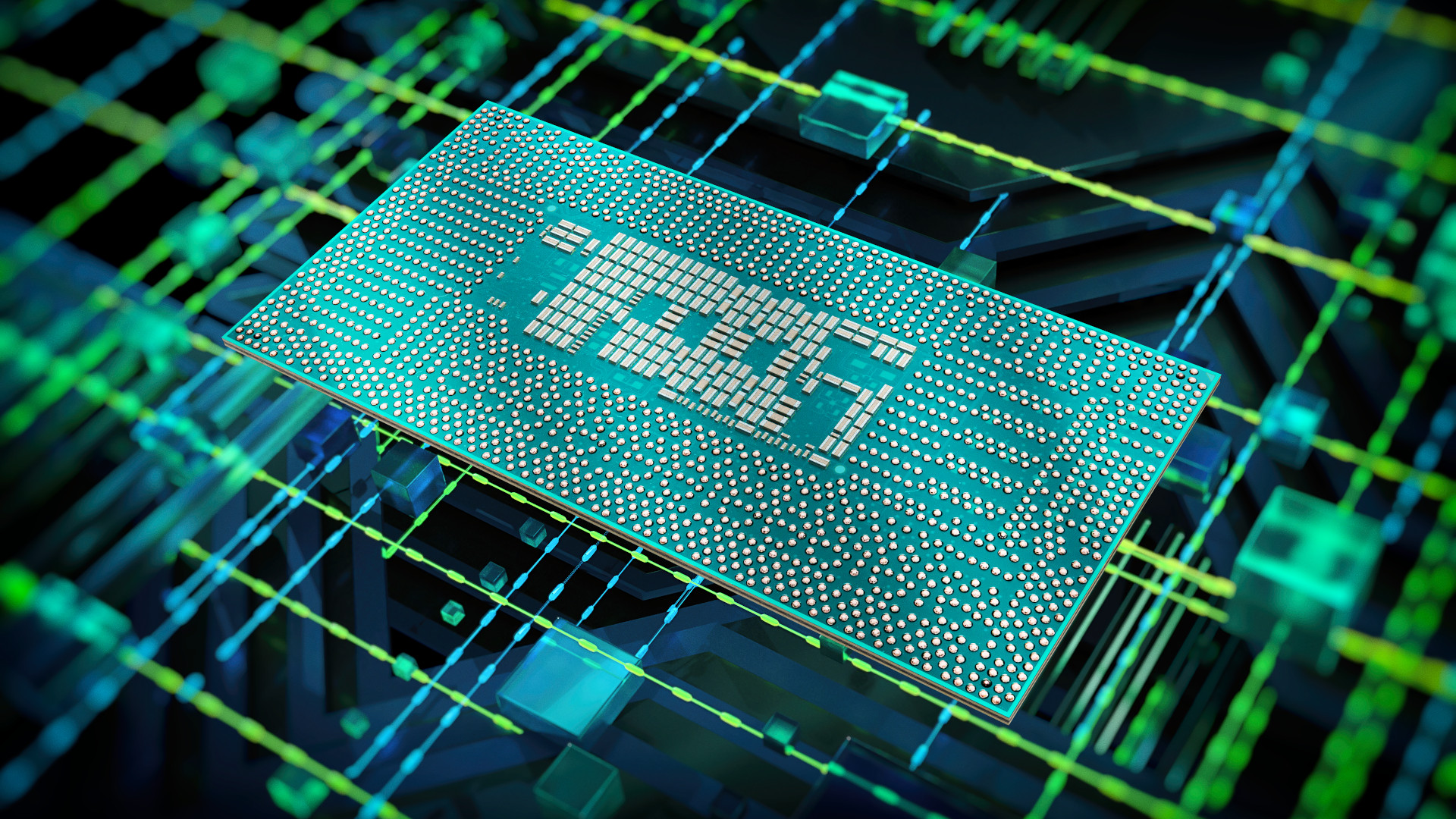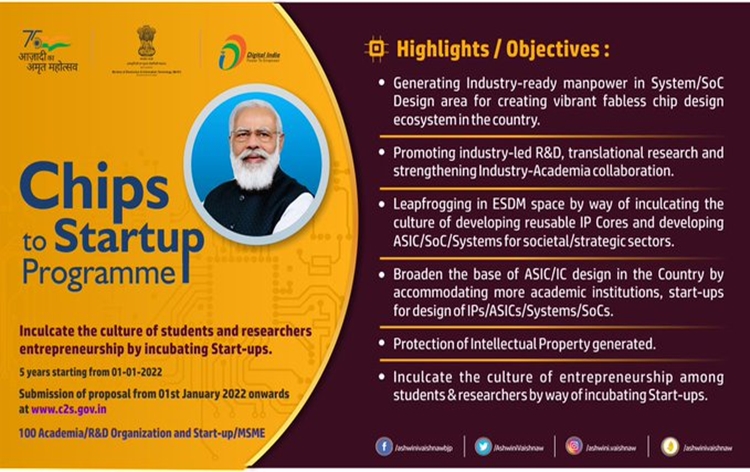India invites smaller domestic chip design companies to be part of its semiconductor push
Financial incentives and more up for grabs

India has sought applications from a 100 domestic companies, startups and small and medium enterprises to become a part of the design-linked incentive scheme that aims to make the country a semiconductor hub in the coming years.
The DLI scheme was launched in December and is being managed by the Ministry of Electronics and Information technology (MeitY). It aims to provide financial incentives and design infrastructure support to companies engaged in semiconductor design and development.
Domestic companies, startups and MSMEs in various stages of development and deployment of semiconductor design for integrated circuits (ICs), chipsets, system on chips (SoCs), systems and IP Cores and semiconductor linked design stand to benefit from the scheme for the next five years.
The scheme is a part of Rs 76,000 crore ($10 billion) booster package that the government announced with the target of nurturing at least 20 semiconductor design domestic companies and facilitate them to achieve turnover of more than Rs 1500 crore in the next five years.
- PLI scheme effective: India exports $ 1.5 billion worth of smartphones
- Mobile phone makers in India may miss PLI scheme target - Here's why
What's this DLI scheme?
According to a MeitY press release, C-DAC (Centre for Development of Advanced Computing), a scientific society operating under MeitY, will serve as the nodal agency for implementation of the DLI scheme.
The scheme has three components – Chip Design infrastructure support, Product Design Linked Incentive and Deployment Linked Incentive.
The government said that under the Chip Design infrastructure support, C-DAC will setup the India Chip Centre to host the state-of-the-art design infrastructure and facilitate its access to supported companies.
Get daily insight, inspiration and deals in your inbox
Sign up for breaking news, reviews, opinion, top tech deals, and more.
The Product Design Linked Incentive is for reimbursement of up to 50% of the eligible expenditure subject to a ceiling of Rs 15 crore per application as fiscal support to the approved applicants who are engaged in semiconductor design.
Under the Deployment Linked Incentive component, an incentive of 6% to 4% of net sales turnover over 5 years subject to a ceiling of Rs 30 Crore per application will be provided to approved applicants whose semiconductor design for Integrated Circuits (ICs), Chipsets, System on Chips (SoCs), Systems & IP Cores and semiconductor linked design are deployed in electronic products.
Deadline for the scheme
The approved applicants, who claim incentives under the scheme, will be encouraged to retain their domestic status (more than 50% of the capital is from Indian companies and Indians) for a period of three years after claiming incentives under the scheme.
A dedicated portal – www.chips-dli.gov.in - is up and running for applications from January 1, 2022. It will be on till December 31, 2024. The applicants can find the guidelines of the DLI Scheme on the portal and register themselves for availing support under the scheme, the government said.
Chips to Startup program: Applications sought from academia and R&D orgs

Meanwhile, MeitY, in a sperate press release, announced that it has sought applications from 100 academia, R&D organisations, start-ups and MSMEs under its Chips to Startup programme.
The programme would be implemented at about 100 academic institutions including the IITs, NITs, and IIITs. The online applications are open until January 31.
The C2S programme aims to train 85,000 number of high-quality and qualified engineers in the area of very large-scale integration (VLSI) and embedded system design as well as result in development of 175 ASICs (Application Specific Integrated Circuits), working prototypes of 20 System on Chips (SoC) and IP Core repository over a period of 5 years.
C-DAC will be the nodal agency for this programme, too.
Want to know about the latest happenings in tech? Follow TechRadar India on Twitter, Facebook and Instagram!